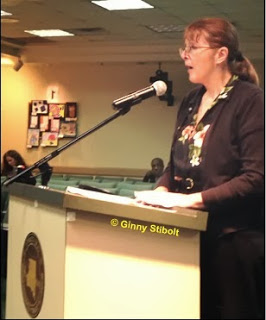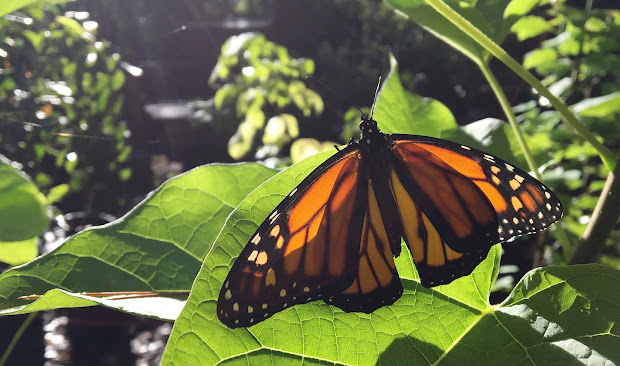Speak up for Florida!
WHAT
Most of Florida's County Legislative Delegations have scheduled local meetings over the next couple of weeks. Your Legislative Delegation meeting provides local constituents with a rare opportunity to speak directly with the state lawmakers who represent them in Tallahassee. You may also have a chance to speak more personally with your delegates during breaks and/or at the conclusion of the meeting.(Find your representatives: Find your Florida senator and Find your Florida House representative. )
WHY
As a member of the Florida Native Plant Society or someone who cares for Florida's wild spaces and their native ecosystems. We ask you to attend your local delegation meeting to express your support for Florida.Please consider attending and speaking at your local meeting and emphasize the points below:
 |
| Be organized because you'll only have 3 minutes to make your point. (G. Stibolt at a Clay County Delegation meeting.) |
MAJOR POINTS TO EMPHASIZE
1. Restore Florida Forever funding.Let them know that when you voted in support of Amendment 1, you intended for a large portion of the funds to be used to conserve land. Annual funding for Florida Forever should at least equal the $300 million that was allocated before funding was cut in response to the recession. This amount is not cost-prohibitive given that annual Amendment 1 funding exceeds $700 million.
2. Manage Florida’s conservation lands responsibly.
The land we have already conserved represents a valuable investment and proper management is necessary to protect our investment. Management shouldn’t be short-changed by inadequate staffing or funding. Funding should be sufficient to implement the management plans that have been adopted for each property.
3. Do not spend Amendment 1 funds on items previously provided from other funding sources, such as staff salaries. Amendment 1 was intended to supplement funding for conservation, not replace pre-existing funds that came from other sources.
4. Adopt a comprehensive approach to protection of our water resources.
Such an approach must account for the water needs of our springs, rivers, estuaries, and other water-dependent natural systems.
HOW TO GET ON AGENDA
The procedure differs depending on the county. To find out the procedures to be a speaker call any one of the offices for your senator or representative and a staff member will forward your request to the representative in charge of that meeting's agenda. Some counties require you to sign up several days ahead of time but others have speaker request forms available at the meeting, and if this is the case, you should submit one immediately upon arrival to ensure you will be allowed to speak. |
| Senator Rob Bradley and FNPS member Ginny Stibolt. |
Tips for making a good impression
1. Dress appropriately: Wear business casual clothing.
2. Be polite: Even though we may be disappointed with the house and senate actions, be respectful to your individual representatives. No yelling.
3. Be Prepared: You may only have 3 minutes to make all your points.
4. Offer to be a resource if they have questions.
5. County officials, who will also addressing the delegation will be in the room, so your audience is much larger than just the representatives. Chances are good that most of these people have never considered that native plants might be important.
6. Bring handouts with your contact information and the major points you want them to to know. (I print mine on green paper so they don't get lost in the shuffle.)
7. Come early and/or stay late so you can mingle with your representatives, their staff, and the county officials. Bring a camera and take a photo with them and then email them the photo for their use. Be memorable.
If we all speak up on behalf of Florida in will be HUGE!
Thank you for all your efforts.
Thanks to Gene Kelly for organizing the talking points.
Posted by & Photos by



Comments